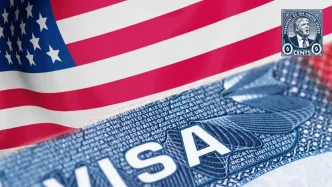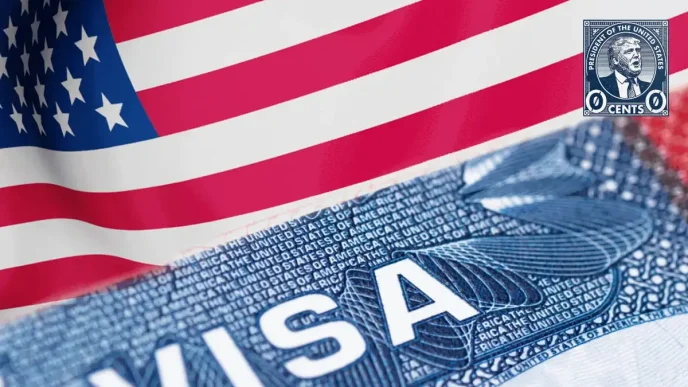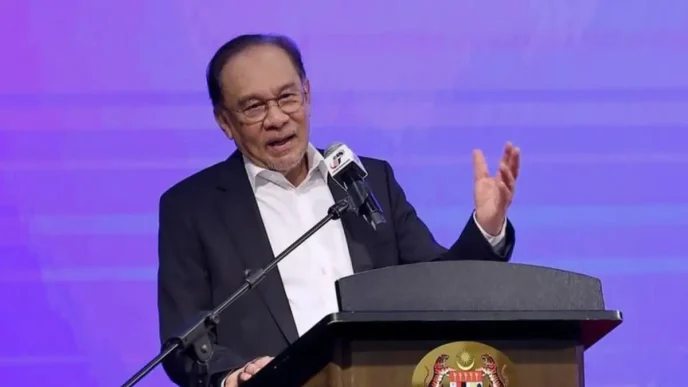BANGKOK – In a bold move to reverse the brain drain and stimulate economic growth, the Thai government has introduced sweeping tax incentives aimed at enticing skilled expatriates back to their homeland. Announced in the Royal Gazette on March 24, 2025, the new policy offers a fixed 17% income tax rate for returning Thai nationals with international experience, alongside substantial benefits for employers in key industries. As Thailand grapples with the loss of talent to global markets, this initiative signals a strategic pivot to rebuild its workforce and drive innovation.
A Lifeline for Returning Talent
The centerpiece of the new policy is a reduced income tax rate of 17% for qualifying Thai nationals. To be eligible, individuals must hold at least a bachelor’s degree, have a minimum of two years of work experience abroad, and not have worked in Thailand during the relevant tax year. They must also meet specific residency requirements, ensuring that the benefits target those who have genuinely built careers overseas. For high-earning professionals, this reduction could translate into savings of thousands of Thai Baht annually (e.g., a saving of approximately 10,000 Thai Baht (US$280) on a monthly income of 100,000 Thai Baht (US$2,800), based on exchange rates as of March 26, 2025).
This measure is particularly significant in a country where progressive tax rates can reach up to 35% for top earners. By capping the rate at 17%, the government aims to make Thailand a more attractive destination for its diaspora, many of whom have sought higher salaries and better opportunities in countries like Singapore, Australia, and the United States.
Employer Incentives to Bolster Key Sectors
Alongside benefits for individuals, the policy extends a 50% tax exemption on salary expenses to companies in targeted sectors that hire returning skilled workers. Sectors such as technology, advanced manufacturing, and research—industries critical to Thailand’s ambition of becoming a regional innovation hub—are expected to see the most impact. This exemption, effective until December 31, 2029, provides a substantial financial incentive for businesses to recruit talent from abroad, potentially reducing labor costs while fostering expertise within the domestic market.
For instance, a tech firm employing a returning software engineer with a salary of 1.2 million Thai Baht (US$33,600) annually could save up to 600,000 Thai Baht (US$16,800) in tax expenses under the scheme. This dual approach—supporting both employees and employers—underscores the government’s recognition that reversing brain drain requires a collaborative effort between public and private sectors.
Addressing the Brain Drain Crisis
Thailand has long faced a significant outflow of skilled workers, often referred to as “brain drain,” as professionals seek better career prospects and living standards abroad. According to estimates from the International Organization for Migration, tens of thousands of Thai nationals with advanced degrees and specialized skills leave the country each year. Many are drawn to global hubs where salaries are higher, working conditions are perceived as superior, and career advancement opportunities are more abundant.
This exodus has left gaps in critical industries at home, particularly in technology and engineering, where local firms struggle to compete with international counterparts. The loss of talent also hampers Thailand’s broader economic goals, including its push to transition from a manufacturing-based economy to one driven by innovation and high-value services under the Thailand 4.0 initiative. By offering financial incentives, the government hopes to not only bring back its brightest minds but also signal to the global community that Thailand is serious about fostering a competitive workforce.
Economic Implications and Challenges
The potential economic benefits of the policy are considerable. Returning professionals are expected to bring with them international expertise, networks, and perspectives that could catalyze growth in key sectors. For example, a Thai engineer who has worked in Silicon Valley might introduce cutting-edge practices to a local startup, while a researcher with experience in European laboratories could advance domestic scientific endeavors. Such knowledge transfer is seen as vital for enhancing productivity and positioning Thailand as a leader in the ASEAN region.
However, the policy is not without its challenges. Critics argue that a flat 17% tax rate, while attractive to high earners, may exacerbate income inequality by disproportionately benefiting those already in lucrative positions. There are also concerns about the fiscal impact of the tax exemptions, particularly for employers, which could strain government revenues at a time when public spending on infrastructure and social services remains a priority. If the anticipated influx of returning workers falls short, the cost of the program might outweigh its benefits, leaving policymakers to justify the expenditure.
Moreover, the success of the initiative hinges on factors beyond financial incentives. Many expatriates cite quality of life issues—such as air pollution in Bangkok, bureaucratic hurdles, and limited access to international-standard education for their children—as reasons for staying abroad. Addressing these systemic challenges will be crucial if the government is to convince its diaspora that returning home is a viable long-term option.
Public and Industry Reactions
Initial reactions to the policy have been mixed. Among Thai professionals living abroad, there is cautious optimism. On social media platforms like X, some users have expressed enthusiasm for the tax break, with one post reading, “Finally, a reason to consider moving back to Bangkok” (@ThaiTechNomad, March 25, 2025). Others, however, remain skeptical, questioning whether the financial benefits outweigh the cultural and professional adjustments required to reintegrate into Thai society.
Industry leaders, particularly in technology and manufacturing, have largely welcomed the move. A spokesperson for a leading tech firm in Bangkok stated, “This policy could be a game-changer for us. We’ve struggled to fill senior roles with experienced candidates, and now we have a real chance to attract global talent” as reported by local media on March 26, 2025. Smaller businesses, however, worry that the benefits may favor larger corporations with the resources to recruit internationally, potentially widening the gap between industry giants and local startups.
Regional Context and Global Competition
Thailand’s initiative is part of a broader trend across Southeast Asia, where countries are increasingly competing to retain and attract skilled workers. Singapore, for instance, has long been a magnet for regional talent due to its favorable tax policies and high quality of life, while Malaysia has introduced programs like the Returning Expert Programme to lure back its diaspora with tax exemptions and relocation grants. Thailand’s latest policy positions it as a contender in this regional race, though it remains to be seen whether it can match the allure of more established hubs.
Globally, the competition for talent is even fiercer. Nations like Canada and Germany have implemented immigration-friendly policies to attract skilled workers from around the world, often offering pathways to permanent residency or citizenship. For Thai expatriates weighing their options, the decision to return home will likely depend on how Thailand’s incentives stack up against these international alternatives, as well as the government’s ability to create a supportive environment for reintegration.
Looking Ahead
As the tax incentive program rolls out, its impact will be closely watched by policymakers, businesses, and the Thai diaspora alike. If successful, it could mark a turning point in the country’s efforts to reverse brain drain and build a more innovative economy. Yet, with the program set to run until the end of 2029, there is ample time for adjustments based on early outcomes and feedback from participants.
For now, the government’s message is clear: Thailand is open for business and eager to welcome back its talent. Whether this call will resonate with those who have built lives abroad remains an open question, one that could shape the nation’s economic trajectory for years to come.














